© 2023 NDPC – National Domestic Preparedness Consortium
Established and authorized under 6 USC 1102, the National Domestic Preparedness Consortium (NDPC) plays a pivotal role in enhancing national preparedness and security. It accomplishes this by increasing the capabilities of state, local, tribal, and territorial first responders and other community stakeholders. With the current annual appropriation of $101 million, the NDPC has trained over 3.78 million participants since its inception in 1998, significantly strengthening the nation's ability to prevent, respond to, and recover from both natural and man-made disasters.
The NDPC and its member organizations play a vital role in the safety and security of the entire nation, including at the state, local, tribal and territorial levels. The following testimonials showcase the unique impact the NPDC has at various levels of emergency response and were shown at a recent meeting between NDPC leaders and staff members of the US House of Representatives' Committee on Homeland Security.

Local: By committing to building and maintaining relationships at the local level, the NDPC is able to positively impact entire communities. With NDPC training, local emergency response agencies can develop cohesive teams and inter-disciplinary strength to ensure the safety and resilience of their community.

Tribal: The NDPC's capabilities and flexibility allow it to reach communities that otherwise may not be able to receive the high-quality, timely training we provide. The NDPC's work with tribal nations reflects our commitment to delivering critical training to all emergency response communities regardless of size, area, or resources.

Territorial: Another important component of the NDPC's commitment to serving all types of communities is our work with territorial emergency responders. With its resources, the NDPC can deliver unique training and resources to a specific area or agency and overcome factors such as geographic location or language barriers.
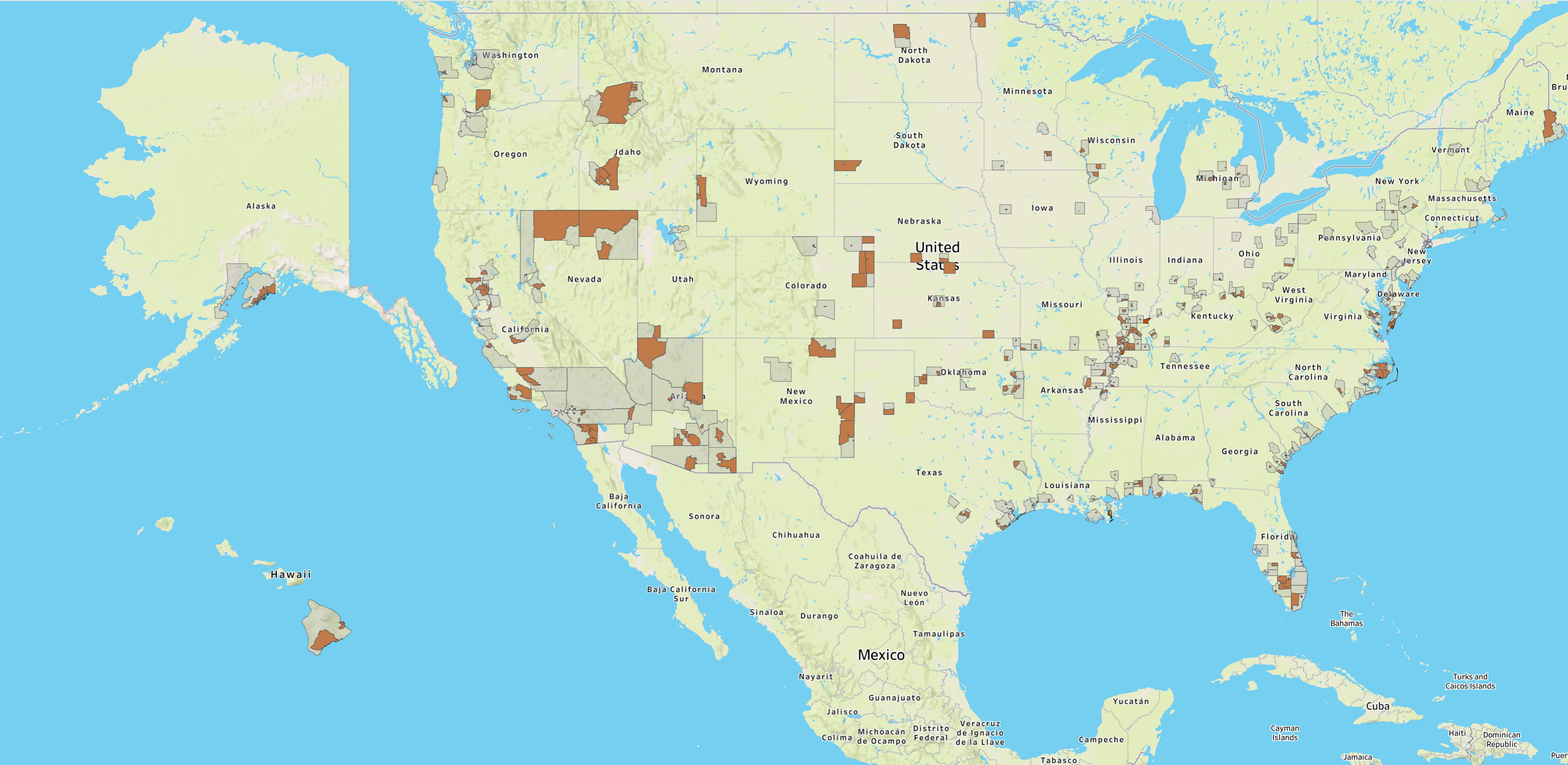
Each orange shape indicates a precise federally-recognized CDRZ, and the shaded box around the
orange shape is the county
boundary in which the NDPC has trained participants.
Individuals Trained
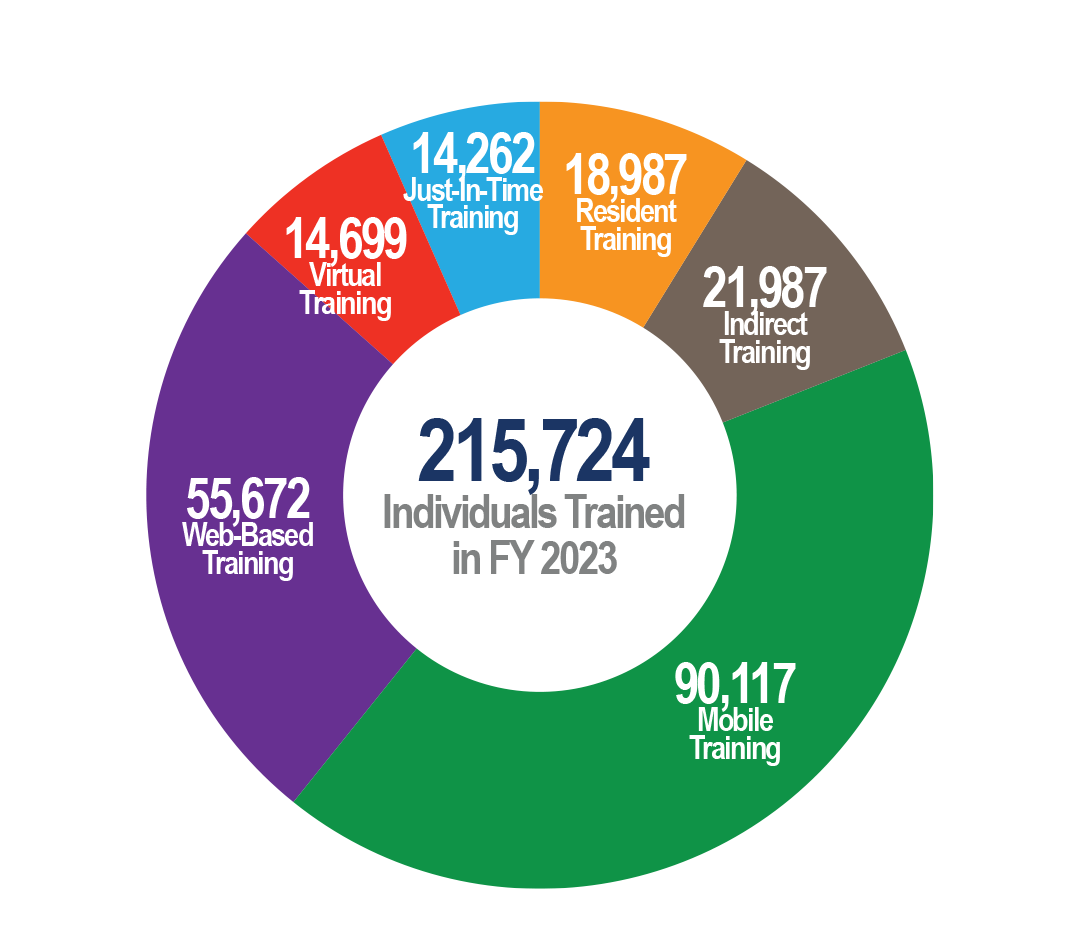
Contact Training Hours
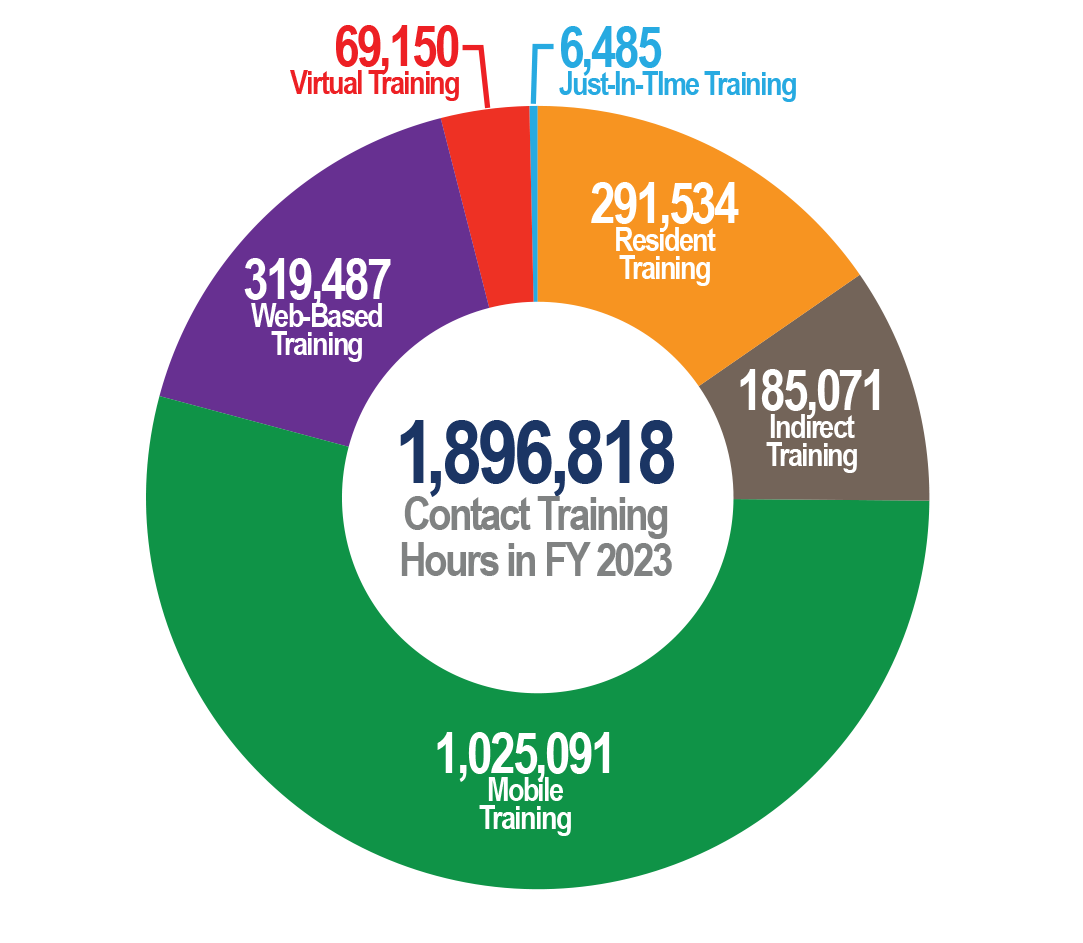
Training Delivered
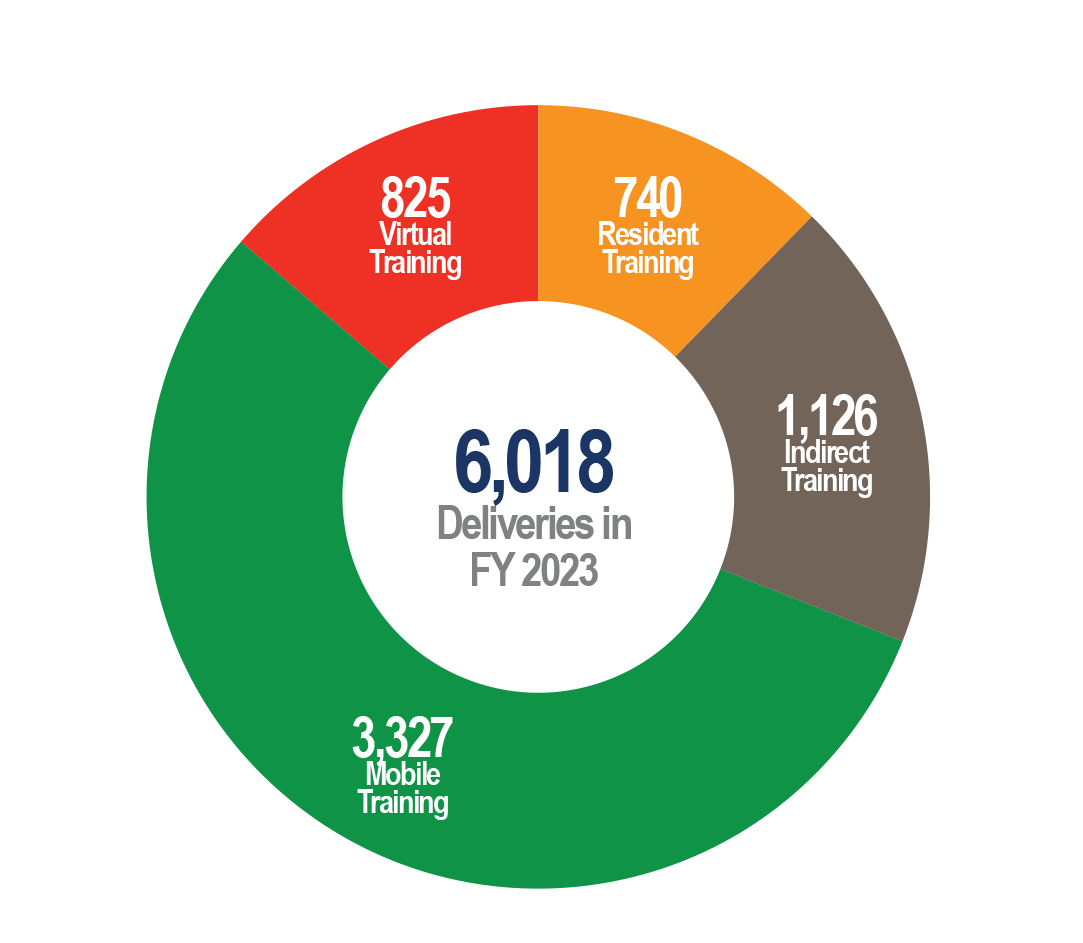
Individuals Trained Online
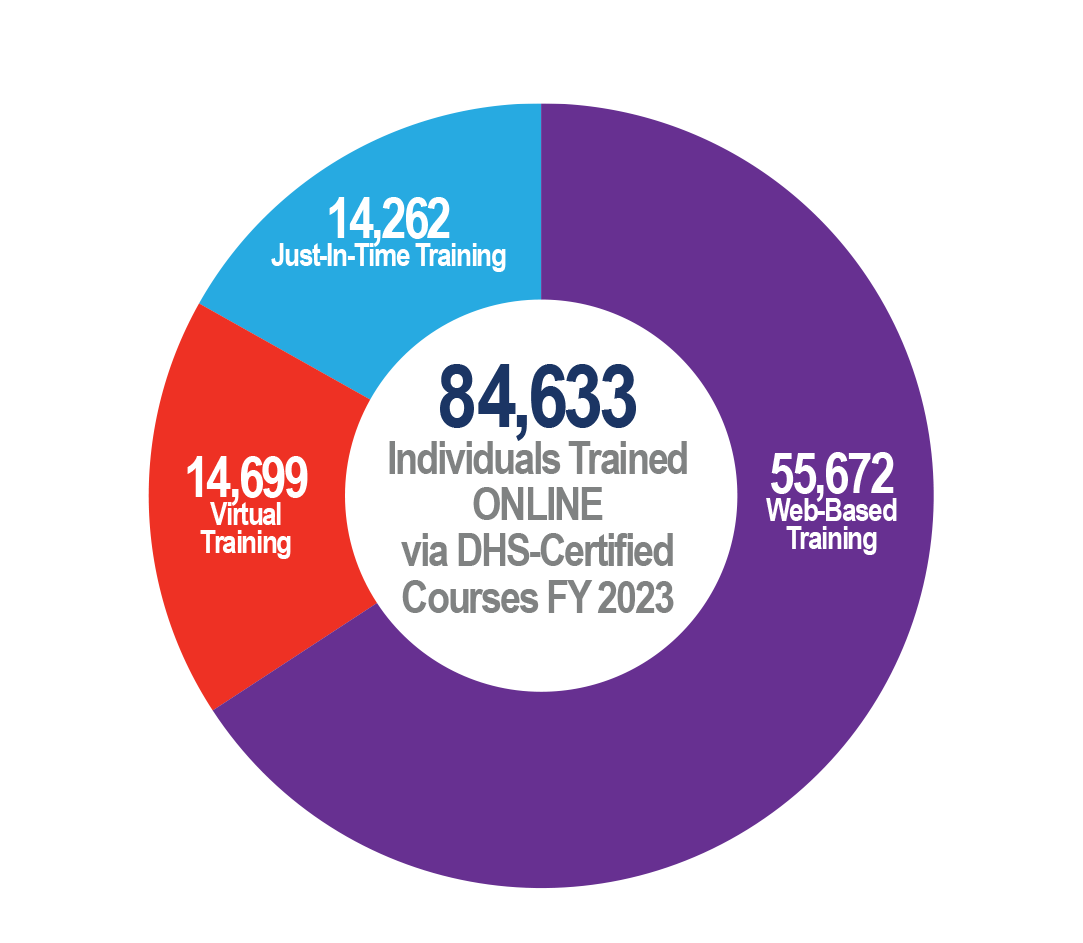
Subject Matter Experts
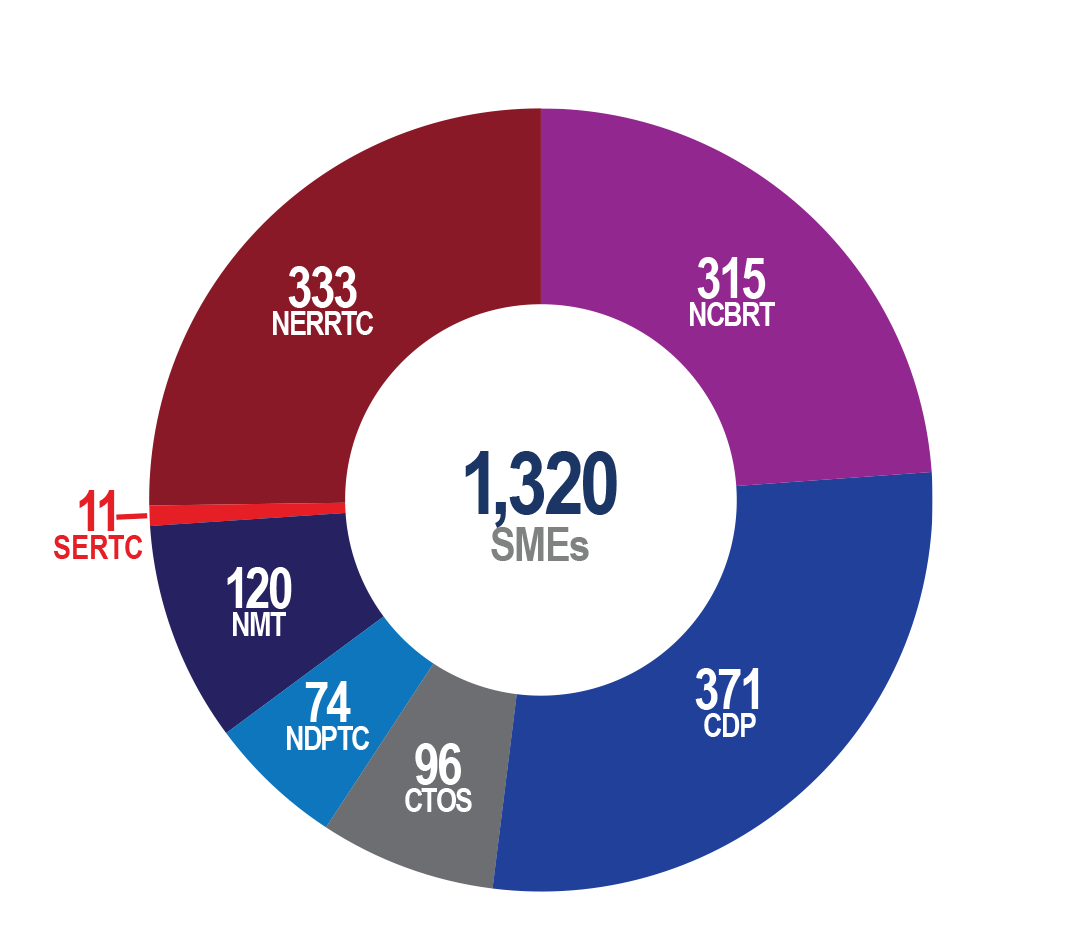
Each of the seven NDPC members excels in specific areas that address our nation’s most pressing security and safety concerns. While Individual NDPC member expertise is specialized, together we provide a unique ability to provide training and education across a wide scope of topical areas, such as chemical, biological, radiological, nuclear, explosive (CBRNE), active threat response, counter-drone, critical infrastructure, food safety, incident management, medical, natural hazards, and surface transportation areas.
In January of 2023, myself and members of our Special Operations Response Team
attended a WAS class taught by TEEX. The
class challenged us to think outside the box and pushed us out of our comfort
zones, and we learned many things. We were
instantly picked from our groups and put into squads with strangers. It was
there that we found ourselves learning the
importance of communication and networking. This class was incredibly valuable
and helped enhance the effectiveness of
overall response efforts. The instructors were extremely informative and
knowledgeable.
In March of 2023, our service area was severely impacted by an EF-3 Tornado. The
class had done a great job of preparing
us for the challenge that was at our front door. By knowing how and quickly
employing the search we were able to cover
more ground quickly and efficiently. This class not only provided us with the
bigger picture, but also the confidence
and preparedness to better serve our community.
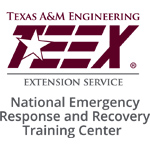
This was by far one of the most fun and challenging courses I have ever taken. The instructors were courteous, kind, incredibly friendly, experts in their subject matter and took a person like me with little knowledge or formal background; and made incredibly difficult concepts a lot more tangible and easier to understand. My goal at all costs is to protect the members I work with and any civilians in harms way. I appreciate all the hard work you do at SERTC for us and hope to have the privilege of taking more courses with you in the near future.
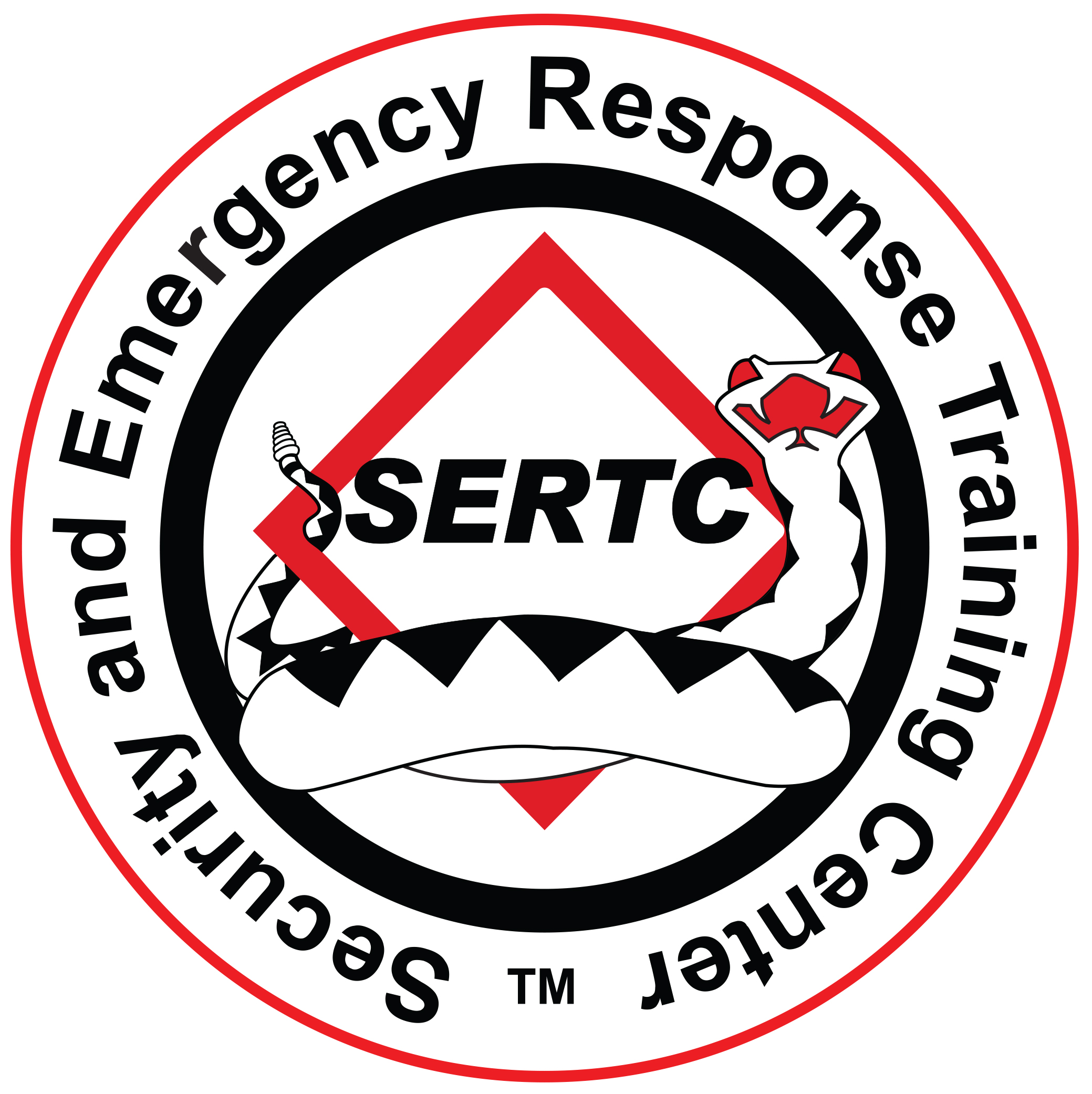
During my activation as the Los Angeles County Emergency Operations Center Liaison Officer, I was able to provide as well as advise staff on disaster recovery learned from this training course not only for disaster recovery structures, but also for other phases. The Cedar Rapids Flood Recovery overview and lessons learned were very helpful in understanding an area that has history of severe flooding and how the city utilized what they have to mitigate and be prepared for future flooding incidents.
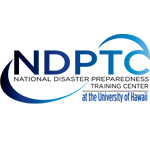
Because of this program, especially the classroom training where the instructors gave us the homework of studying our building emergency action plans, it came to my attention that our building didn't have a current action plan, and so right now the administration is working on getting one. Next is to continue practicing the plans so that they're second nature. Bringing your training here is going to really plant the seed for us to be more efficient and keep more of our staff and community members safe.
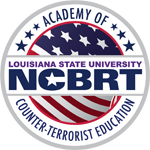
The responders who attended Center for Domestic Preparedness training allowed us to perform at a higher level. They all had increased capabilities, which helped us make it safer for everyone involved.
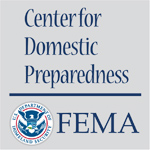
As a 24-year officer with the FBI Joint Terrorism Task Forces and WMD programs, I've found the Response to Bombing Incidents and Tactical Response to Suicide Bombing Incidents training program to be top-notch. They have proven essential in the field, accurately identifying and resolving critical scenes. These courses are so valuable that we teach them to all our academy students and highly encourage officers to attend the resident courses. With over one hundred annual suspicious package and explosive calls, our first responders' performance – backed by New Mexico Tech’s knowledge – never disappoints.

On 11/29/23, a flight landed at the Detroit Metropolitan Airport at approximately 11 pm. During the cleaning of the aircraft, airline personnel discovered a suspicious item on a seat. The Western Wayne County HAZMAT Response Team (WWHMRT) contacted CTOS Course Coordinator John Wills to assist in identifying the hazard of the item. Instructor Wills explained the best equipment to utilize to ensure the accuracy of the tube markings and safety concerns to the WWHMRT Team Leader. The item was surveyed and secured using techniques learned from previous PER-345/355 training. A survey of the aircraft was also conducted to ensure no other material or contamination was present. The WWHMRT quickly and safely handled this incident with the assistance of the training and knowledge from CTOS staff.
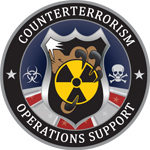
This entire course was of value. It demonstrated the work that is yet needed in my district. The content was extensive and a lot of quality material.
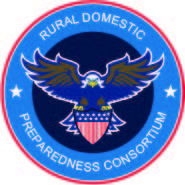
Chairman, Executive Directors and Committee Chairs
Chief Administrative Officer
TEEX/NERRTC
Superintendent
CDP/FEMA
Executive Director
LSU NCBRT/ACE
NDPC Outgoing Chairman
Executive Director
NDPTC
Executive Director
SERTC
Associate Vice President
EMRTC
NDPC Incoming Chairman
Executive Director
CTOS



Executive Director
RDPC



NDPC SAA Advisory Council Liaison



Curriculum Committee Chair
LSU NCBRT/ACE



Incoming Curriculum Committee
Chair
New Mexico Tech EMRTC
IT Committee Chair
LSU
NCBRT/ACE
Operations Committee Chair
LSU NCBRT/ACE



SAA Advisory Council Chair
NCDPS



Tribal Advisory Council Chair
CSKT
The National Domestic Preparedness Consortium comprises of seven member organizations. Please visit the partner website to obtain contact information for a specific partner.
Not sure who to contact? General Inquiry? Email our NDPC information group and our team will forward your request to the appropriate resource.